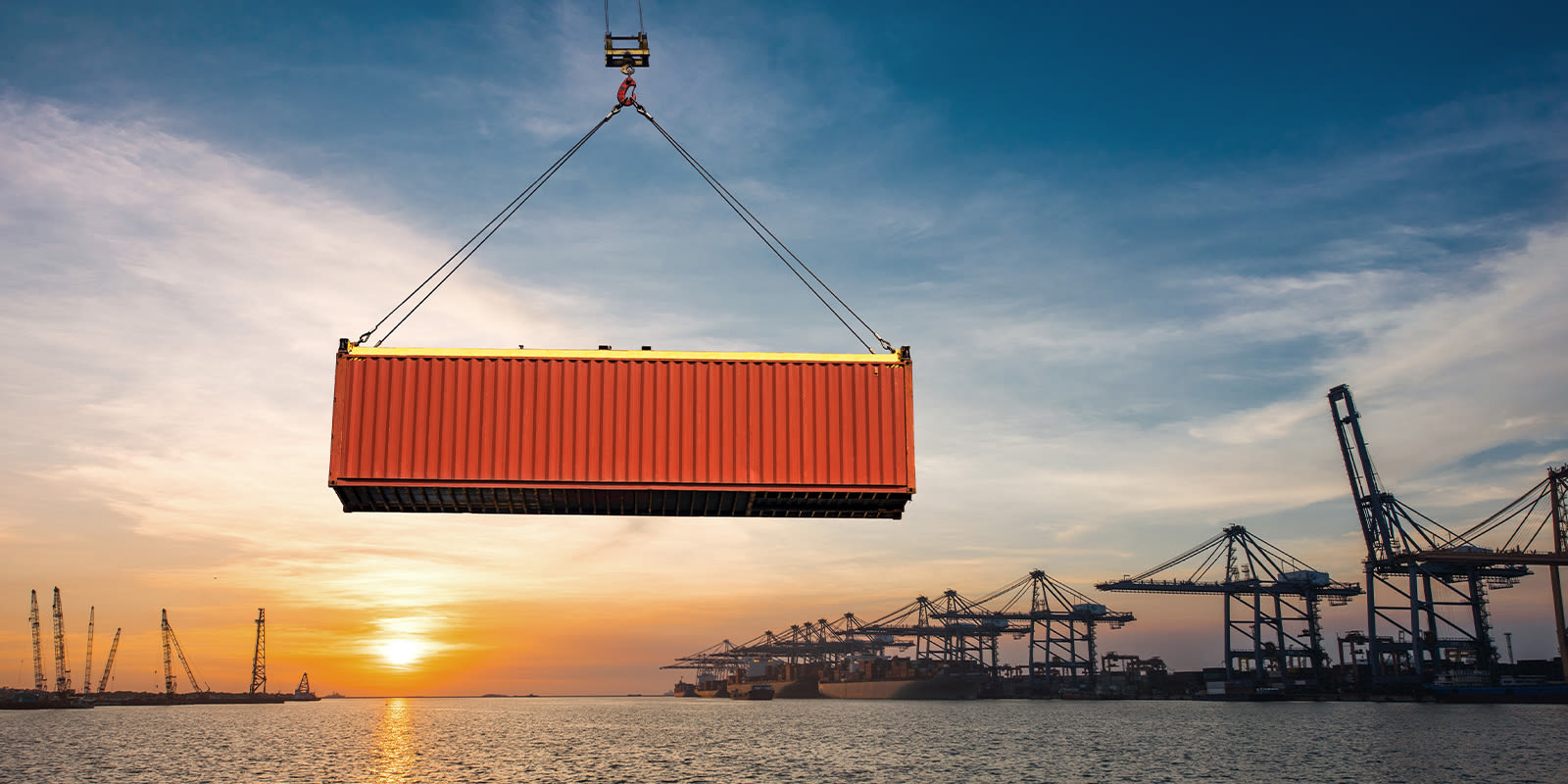
May 13, 2020
Fleeting Chances: The Difficulty of Maximizing Savings From Changing Customs Rules
Tags:
Fleeting Chances: The Difficulty of Maximizing Savings From Changing Customs Rules

Late on the Sunday evening of April 19, 2020, U.S. Customs and Border Protection (CBP) announced a 90-day deferment of import duties for March and April shipments. While intended to ease the burden on businesses hurt by the novel coronavirus pandemic, this promising-sounding notice was — because of its timing and specificity — very difficult for importers to apply to their situations. Pointing once again to the importance of working with a trusted customs broker when it comes to global trade.
The opportunity left almost no window. By late April, most importers had already paid duties on their March shipments. Those waiting until the very last minute, had just over 27 hours to stop payments in progress, or a mere 12 if they learned about the deferment on Monday morning. Other importers were simply unaware of the two technical emails containing the announcement, normally only sent to customs brokers and software companies.
Another wrinkle was trying to determine who qualifies for the deferment. Unless an importer was well versed in the language of these announcements and their regulatory context, it was hard to know who could get a break and for what. Importers had to show significant financial hardship due to COVID-19 to receive the benefit. And, only goods subject to regular Most Favored Nation (MFN) tariffs qualified. Section 301 China tariffs, Section 232 tariffs on steel and aluminum or a list of other special tariffs could not be deferred. What’s more, if any goods in a shipment were subject to such tariffs none could qualify for the deferment.
To take advantage of the duty reprieve, importers had to have it on their radars immediately, understand its full implications quickly, and plan and initiate their responses without delay or errors. That would be a tall order in the best of times and a towering ask in our already disrupted business environment.
Shifting Regulatory Sands
The surprise April 19 announcement fit a pattern of sudden shifts on tariffs and customs duties. In late March, CBP had issued a similar deferment notice only to take it back a few days later. If the pattern continues, there will be more regulatory quick turns issued at odd hours in obscure ways. Without a knowledgeable customs broker to provide immediate alerts and guidance, importers may struggle to take full advantage of the next tantalizing offer from CBP or other authorities.
What Should You Expect From a Customs Broker?
The complexity and confusion surrounding the April 19 notice is exactly why most importers partner with a customs broker. An effective broker would not just flag the notice—but also join the late-night call with CBP to learn all the details, including which SKUs (not just groups of products) benefit. What’s more, working proactively, that broker might also help with strategically planning for any future deferments. At Flexport, where there’s the added advantage of technology that provides customers with visibility and control over inventory in motion, brokers can help customers quickly pivot to take advantage of new regulations, even unexpected ones.
If you’d like to gain a better understanding of duty deferral or customs in general, reach out for a consultation.
About the Author





